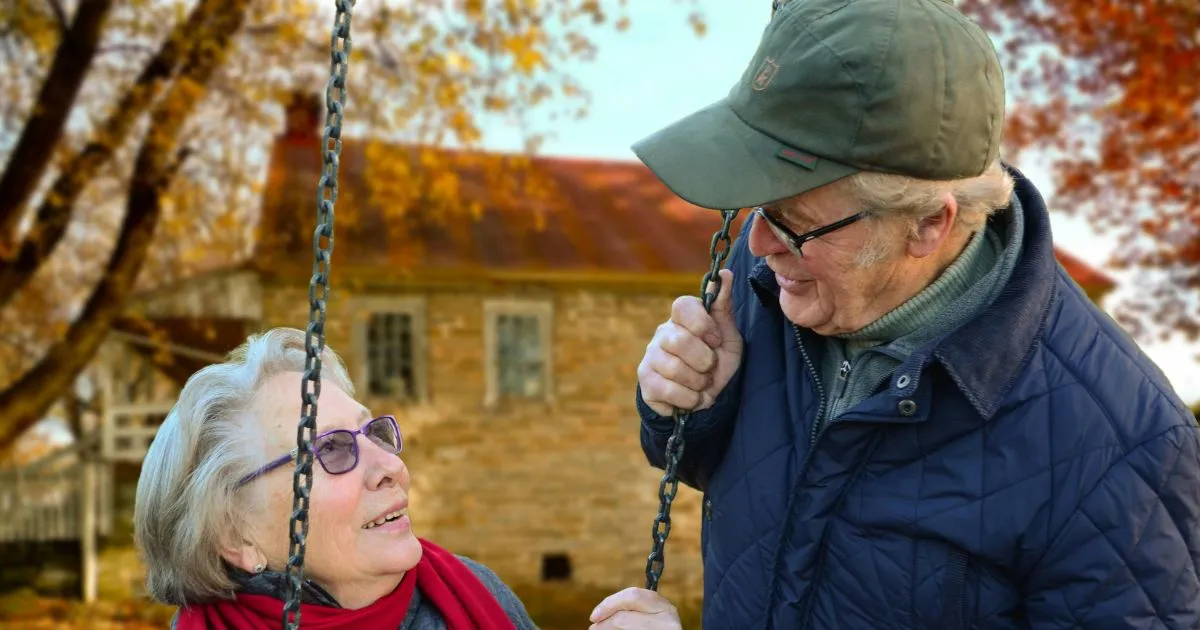
Marriage has historically been a major milestone in a woman’s life, often tied to societal expectations, family traditions, and personal aspirations. However, in many cultures and communities, women face unique pressures to marry before they reach menopause, driven by various biological, societal, and emotional factors. This pressure can create significant stress, affecting a woman’s mental, emotional, and physical well-being.
Understanding the Pressure to Marry Before Menopause

The societal expectation for women to marry before menopause stems from multiple intersecting factors:
- Biological Clock: The idea that a woman’s fertility declines with age often fuels urgency to marry and start a family. This pressure intensifies as women approach their late 30s and early 40s.
- Cultural Expectations: In many cultures, marriage is seen as a rite of passage. Women who remain unmarried into their 30s or beyond are often viewed as deviating from societal norms.
- Family Pressure: Families may press women to marry early, citing concerns about childbearing and societal judgment.
- Internalized Beliefs: Women themselves may internalize these societal pressures, feeling anxious or incomplete if they haven’t married by a certain age.
- Media and Social Influences: Media often perpetuates the idea that younger women are more desirable, linking marriageability to age and physical appearance.
The Emotional Impact of This Pressure
- Anxiety and Stress: The constant reminders from family, friends, or society about marriage can create chronic stress. Women may feel they are racing against time, leading to heightened anxiety.
- Low Self-Esteem: Being unmarried later in life can lead some women to question their worth or attractiveness, eroding their self-esteem.
- Fear of Loneliness: Societal narratives often paint single life for older women as lonely or unfulfilled, which can amplify fears about the future.
- Decision-Making Under Duress: Women under pressure may make hasty decisions about marriage, sometimes compromising on compatibility or personal values.
The Physical and Mental Health Effects of Pressure
- Mental Health Issues: Prolonged stress can lead to depression, anxiety disorders, and burnout. Women who feel judged for being unmarried may experience social withdrawal or feelings of inadequacy.
- Sleep Disruptions: Stress about marriage and aging can disrupt sleep patterns, leading to insomnia or poor-quality sleep.
- Physical Health Problems: Chronic stress increases the risk of cardiovascular diseases, high blood pressure, and weakened immunity.
- Hormonal Imbalances: Anxiety about meeting societal expectations can trigger hormonal changes that affect overall health.
Societal Narratives About Marriage and Fertility
The focus on marrying before menopause often stems from misconceptions about fertility and aging. While it is true that fertility declines with age, advancements in medical science, including egg freezing, in vitro fertilization (IVF), and surrogacy, have expanded reproductive options for women.
However, society still places undue emphasis on women’s biological clocks, often ignoring the realities of modern medicine. This focus perpetuates harmful stereotypes that equate a woman’s worth with her ability to bear children within a narrow timeframe.
Challenging the Pressure to Marry Before Menopause
- Redefining Success: Success in life should not be tied to marital status. Women can lead fulfilling lives through careers, friendships, hobbies, and personal growth.
- Educating Families and Communities: Families should be made aware of the harm caused by placing undue pressure on women. Open conversations about evolving social norms can help shift perspectives.
- Building Supportive Networks: Women can benefit from connecting with like-minded individuals who understand and respect their choices. Support groups, online communities, and mentorship programs can provide encouragement.
- Therapy and Counseling: Professional guidance can help women navigate societal pressures, build self-esteem, and make decisions aligned with their values.
you can olso read : First-Date Habits Of Men Who Never Get A Second One
Empowering Women to Make Their Own Choices
Women deserve the freedom to make decisions about marriage and motherhood without external pressure. Here are some strategies for empowerment:
- Focus on Personal Goals: Women should prioritize their aspirations, whether they involve pursuing education, advancing in a career, or traveling the world.
- Stay Informed About Reproductive Health: Understanding fertility options and advancements in reproductive medicine can alleviate fears about aging and childbearing.
- Practice Self-Care: Regular exercise, mindfulness practices, and hobbies can reduce stress and boost mental health.
- Cultivate Inner Confidence: Self-affirmations, positive self-talk, and surrounding oneself with supportive people can help women feel secure in their choices.
Do Americans Have Lasting Marriages? Insights, Statistics, and Tips for Newlyweds
Real-Life Stories of Women Who Redefined Their Paths

Hearing about women who navigated societal pressures and forged their own paths can be inspiring. For instance:
- Emma’s Story: Emma chose to remain single and focused on her passion for writing. She eventually adopted a child in her 40s, creating a loving family on her terms.
- Sophia’s Journey: After feeling pressured to marry in her 30s, Sophia took a step back, pursued therapy, and later met her partner when she was 45. Today, she advocates for women’s empowerment.
- Priya’s Experience: Priya embraced egg freezing in her late 30s, giving herself time to find the right partner without compromising her desire for motherhood.
Shifting Societal Narratives
- Media Representation: Media should showcase diverse stories about women thriving in different life paths, breaking the stereotype that happiness hinges on marriage.
- Normalizing Late Marriages or Single Life: Societies must embrace the idea that marriage is not a universal goal and that it’s okay for women to marry later in life or remain single.
- Celebrating Choices: Instead of questioning women’s marital status, celebrate their achievements and individuality.
The Role of Men in Supporting Change
Men also play a critical role in challenging these societal norms. By rejecting stereotypes and supporting women’s choices, men can help create a more equitable society. Encouraging conversations about shared responsibilities and respecting women’s autonomy can foster healthier relationships and communities.
Looking Ahead: A Society Free of Pressure
Imagine a world where women are free to make life decisions based on their own aspirations, not societal timelines. Achieving this requires collective effort, including:
- Policy Changes: Governments and workplaces can support women by offering flexible reproductive health benefits and promoting gender equality.
- Educational Initiatives: Schools and community programs should teach young people about the diverse paths to fulfillment and the importance of respecting individual choices.
- Public Awareness Campaigns: Highlighting the negative impact of societal pressure can spark meaningful conversations and cultural shifts.
The pressure on women to marry before menopause is a deeply ingrained societal issue that affects mental, emotional, and physical well-being. However, by challenging these expectations and empowering women to make their own choices, we can create a society where every individual feels valued for who they are, not for their marital status or age.
Women should be free to define success and happiness on their own terms. By fostering supportive environments, educating communities, and celebrating diverse life paths, we can help dismantle the stigma surrounding age and marriage, paving the way for a more inclusive and understanding society.



